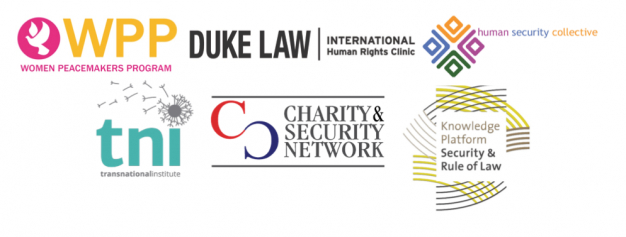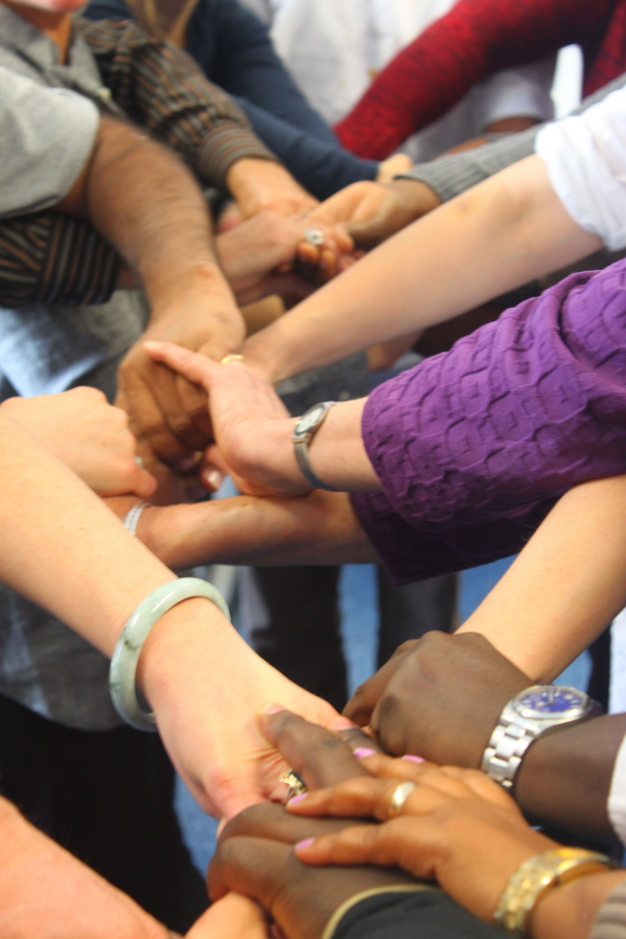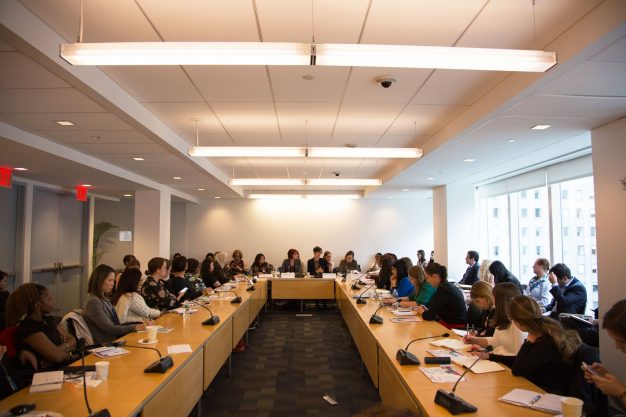By Ruben Reyes Jiron from Puntos de Encuentro
From 22-25 August 2013, over 60 people (mostly men) gathered during the two-day Central American Conference on Masculinities to share their experiences with involving men in gender equity and equality work. The attendants came to Siguatepeque, Honduras, representing different parts of Central America - Honduras, Nicaragua, Costa Rica, El Salvador, Guatemala, Panama and Mexico. The conference was organized by International Plan; the National Women’s Institute from Honduras; the Center for the Prevention, Treatment and Rehabilitation from Torture (CPTRT—in Spanish) and the Menengage Alliance Central American Focal Point.
Non-governmental organizations and men´s groups working on men and masculinities exist in every Central American country. They provide services and educational activities to prevent gender-based violence in their communities, as well as do work on sexual and reproductive health, including the prevention of HIV infections and AIDS. In the case of Guatemala and Panama, there are no organizations spearheading work on men and masculinities, although there are some organizations that include this theme in their wider work.
The conference began with the acknowledgement of the fact that in every country, masculinities work began around 20 years ago, with the support and encouragement of women´s groups and organizations. Despite this, there are women´s groups and organizations that hesitate, due to a lack of trust, to get involved into men´s and masculinities work. Another commonality is the existence of legislation in favor of gender equality in almost every Central American country, such as laws against gender-based violence as well as other gender equality laws. These laws are considered to be a good framework for the promotion of men´s involvement in gender equality. Unfortunately, in some of the countries, men who oppose these laws are actively organizing backlash actions against progressive legislation. In addition, most of the Central American states are not providing all the financial resources needed to implement such laws.
In Central America, activists have to deal with street violence against civilians, particularly against human rights defenders and journalists, including women and LGBT defenders. This kind of violence is fueled both by authoritarian governments as well by organized crime groups, related to local gangs and drug-dealing. Participants at the conference shared concerns about the high rate of ‘femicides’ (women being killed because of their gender) in Central America. For instance, in Honduras more than six hundred women were killed last year.
Another challenge is related to religion and religious beliefs. Most of the local Catholic and Evangelical leaders are opposed to women´s rights, particularly in regards to contraception and abortion. A large part of the Central American population shares these conservative religious beliefs. Abortion is criminalized in Nicaragua and El Salvador, even in cases where the lives of women and their health are at a high risk. Women´s organizations and groups in both countries frequently mobilize on the streets, in order for women to regain their right to an abortion in cases of rape, congenital deformities or if a woman´s life and health is at high risk. At the masculinities conference, we all agreed that, as masculinity organizations and men´s groups, we need to continue supporting women’s struggle on this issue.
Even though the Central American social and political context is very challenging for gender equality and masculinities work, at the conference we were able to identify the following strengths and opportunities:
Ruben Reyes Jiron lives and works in Nicaragua. He works for Puntos de Encuentro, where he is a member of the Capacity Building and Networking Team (LIDERARTE). He is also one of the founders of the Association of Men against Violence in Nicaragua. Ruben was one of the trainees of the WPP pioneering pilot Training of Trainers on positive masculinities in 2009-2010. Since then, Ruben has been a member of the WPP network.
12 Dec '17 Today, we are pleased to share with you the Conference Report “Financial Inclusion for Freedom and Security” by the Women Peacemakers Program, Duke Law International Human Rights Clinic, Human Security Collective, Transnational Institute, the Charity & Security Network, in cooperation with the Knowledge Platform Security and Rule of Law.

7 Dec '17 Today, on the 13th day of the 16 Days of Activism Against Gender Violence Campaign, we bring you the sad news that from 15 December onwards, the Women Peacemakers Program (WPP) will have to close its doors. We would like to ask for your time to read what has driven us to make this decision.

7 Nov '17 On Thursday, 26 October 2017, a side event entitled, “Pulling the Rug from Under Our Feet: What is the UNSCR 1325 Without Civil Society Freedoms?” was hosted on the margins of the 17th anniversary of United Nations Security Council Resolution (UNSCR) 1325. The event was hosted by the Women Peacemakers Program (WPP) and the Dutch Mission, in collaboration with Duke Law’s International Human Rights Clinic, Al-Hayat Center for Civil Society Development, Arab Women Organisation of Jordan, NOVACT, Free Sight Association, Iraqi Al-Amal Association, Women Empowerment Organisation, NGO Working Group on Women, Peace and Security and Women’s International League for Peace and Freedom. This article briefly looks at the main issues discussed during the event.
